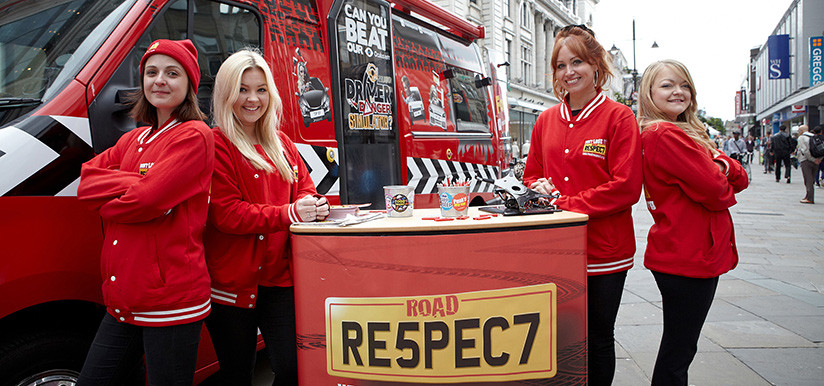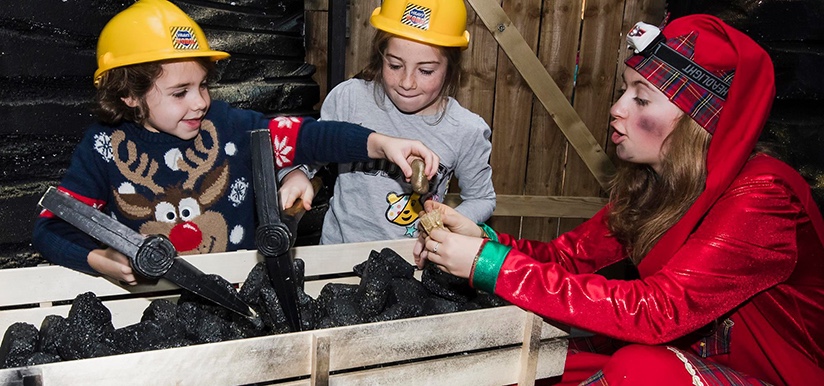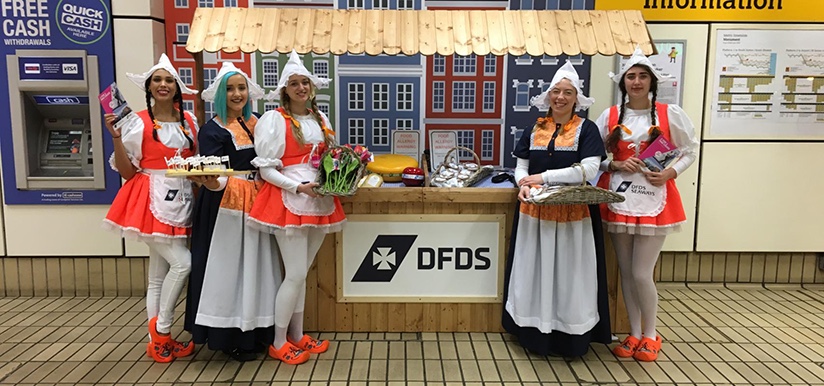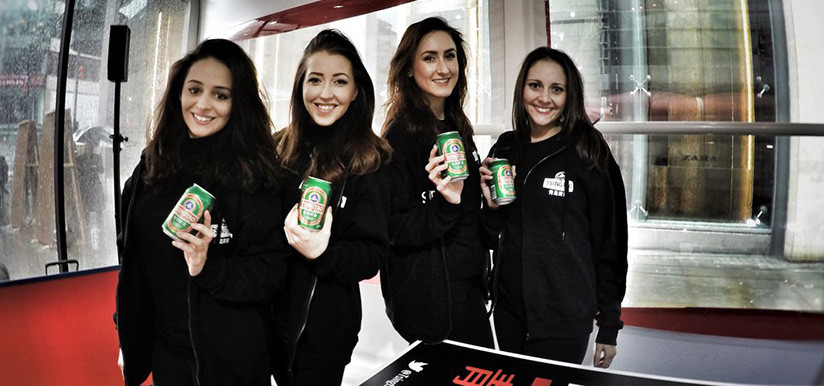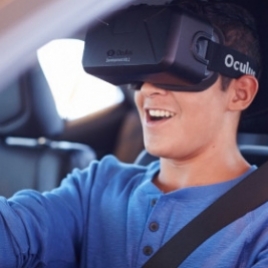Added: 27th March 2015
As the top grossing companies allocate more time and money in to developing experiential marketing campaigns and activations, new technologies are playing an ever increasingly significant role within this change of marketing landscape. Toyota gave us the most recent example of this with their use of Oculus Rift to promote road safety at SXSW festival.
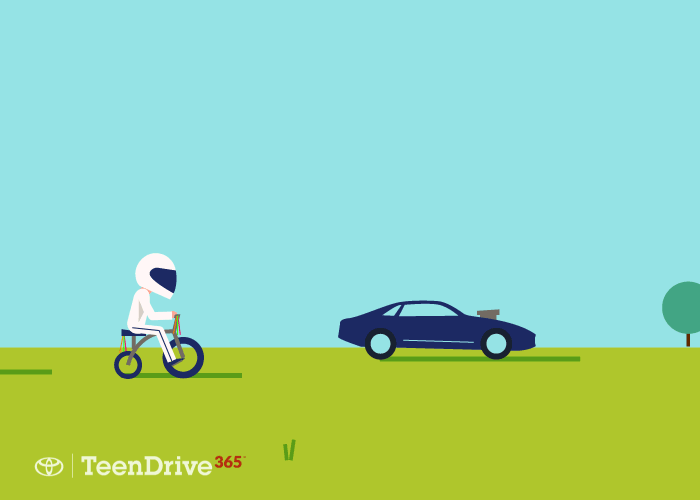
Since late 2013 Toyota have been championing TeenDrive365, a movement dedicated to offering advice and help to teenage drivers on how to stay safe on the roads. The TeenDrive365 interactive website features road safety, images, gifs and infographics, parent and teen joint quizzes, high quality video footage of professional race car drivers discussing the risks of the road and a huge competition providing a chance to win £15,000 for whoever can produce an educational and enjoyable video to promote road safety.
After the launch of the website Toyota moved into the realm of experiential marketing, exploring different platforms in order for the message of road safety to really resonate with people and attract the attention of the masses. As many companies are doing this year they went for a tech-based activation choosing the incredibly popular Oculus Rift, a new technology being predominantly used in the gaming industry as an in depth virtual reality experience where users don a headset and virtually enter the world of the game they are experiencing. Applying this to road safety, Toyota introduced the "distraction driving simulator" a full sized stationary car where users put the Oculus Rift headgear on to be bombarded with distractions in the form of phone calls, friends talking, loud distracting music and various other annoyances you're likely to come across when driving a car full of teenagers.
The Oculus Rift distraction driving simulator has proved to be extremely popular at the two events it has already been rolled out at, with more than 10,000 people experiencing the driving simulator at its debut at The Detroit Auto Show and almost 80% saying they would reduce distractions because of the experience. At SXSW 2015, PSFK, with its partner Group Delphi voted the distraction simulator the "best immersive experience" with social media sparking alight with positive responses to the application of this new technology within the field of road safety.
Toyota applied this technology much in the same way IE did with Road Respect in 2013, where augmented reality was implemented as a way to drive engagement and awareness of road safety at various popup shops around the North East. RR linked the events with related online campaigns such as the #IdiotIsAChoice hashtag on Twitter and dedicated area of the Road Respect website, where Toyota utilised Twitter and the SXSW hashtag to generate interest in not only the live events but drive traffic to the website, increasing the reach of the campaign substantially in doing so.
This yet again shows the ever growing popularity of experiential marketing campaigns within companies' overall marketing strategies as well as the importance of linking them in with digital outputs and incorporating new technologies within them. In a year that promises to be alive with new technologies within a live event setting, Toyota have started things off in good form with this widely publicised experiential activation, inevitably opening up the floodgates for other huge brands to follow as the year progresses.
Check the teendrive365 website here: http://www.toyota.com/teendrive365/
Related Images
Categories
















